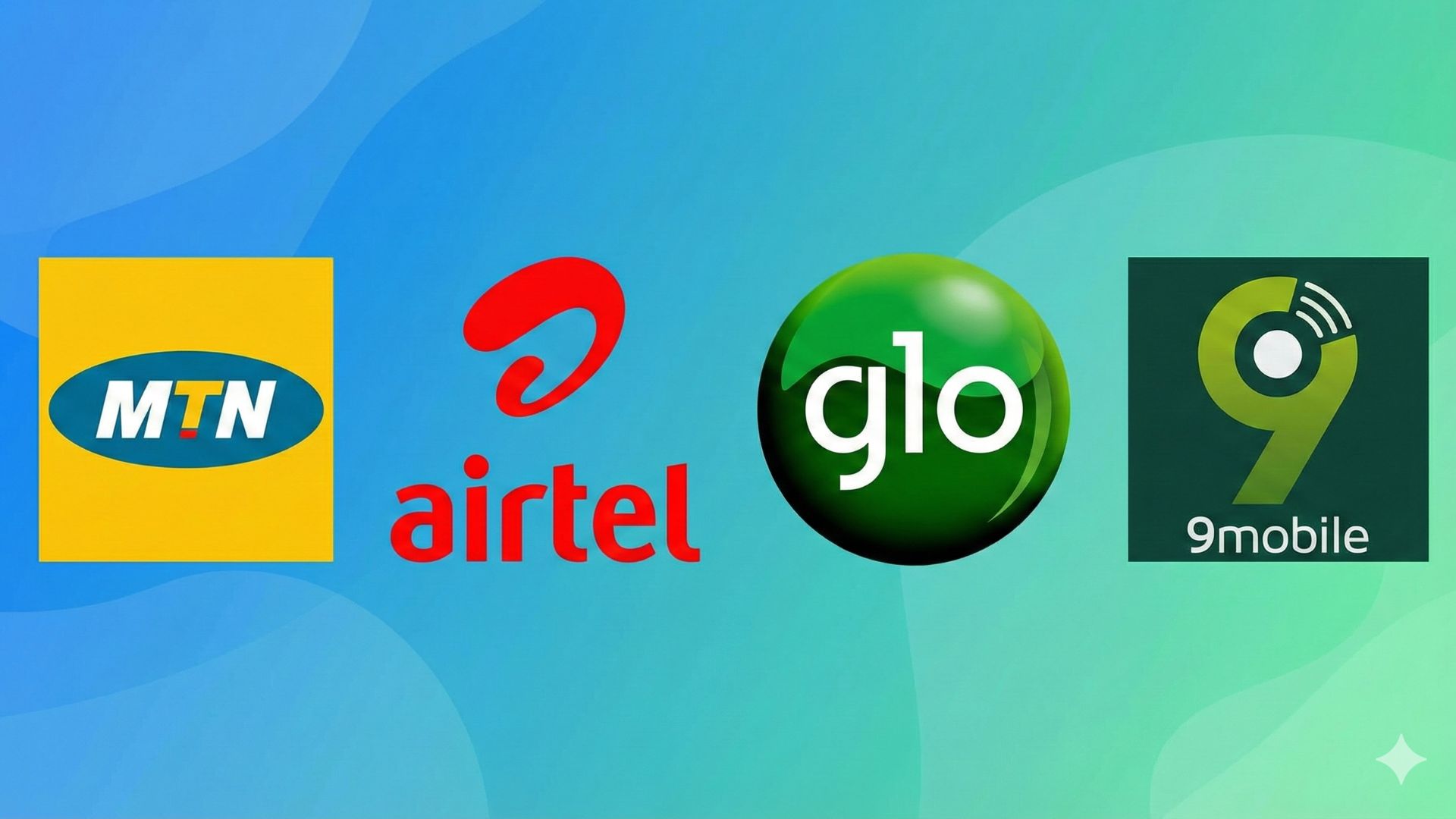Tomi Ahonen has some really interesting views on the mobile industry. He is not regarded as the most influential mobile expert in the world for nothing. But he probably also is one of the most controversial, especially for his views on the “Elop Effect” and the future of Nokia.
TechCabal had a chat with Tomi Ahonen during the just concluded Mobile West Africa 2014 conference held in Lagos, Nigeria. He obviously had plenty more to share in the course of the conference, but the below interview is pretty much representative of his most notable opinions about the mobile industry as it is.
You mentioned in your keynote that OTT services are not an existential threat to SMS. But with the rising of online messaging, it doesn’t look to be SMS anymore.
We need to understand two things about the over-the-top (OTT) services, like WhatsApp and BBM. First of all, if you are a heavy messaging user, you will of course put all your traffic on the most efficient platform. You are a young person who sends a 100 messages a day, you’re going to be on online messaging of course. It makes sense. But not for everyone.
Second, the different platforms don’t yet talk to each other. So now if your classmates are on WhatsApp but your workmates are on BBM, suddenly where are you gonna go and who are you gonna talk to? Even those people who use these heavily occasionally send text messages.
So, person-to-person text messaging will keep on growing BUT, if you are a brand, if you are a company, you talk to your consumers with that messaging that reaches every pocket – SMS. After SMS, you go to MMS. MMS is super SMS; it doesn’t have 160-character limit, lets you put pictures, sound and videos. MMS is for advertisers, everything they hoped that SMS would be. And MMS reaches twice as many people globally as the internet. So SMS reaches every pocket, the next thing you should do is MMS. Then you do online messaging 3 to 5 years from now, if you are a brand. If you are a teenager, of course you do online messaging today.
What do you think about the Microsoft/Nokia acquisition and the future of Windows Phone?
Microsoft will spend massive amount of money. Completely unprecedented amount of money to try to make this investment work. The reason they bought Nokia is because Microsoft management believe that Nokia failed on Windows, and that Microsoft can do it better owning the Nokia handset. They believe they can fix the problem. It is a fair position to have at Microsoft.
However, today Windows Phone market share is less than 3% and declining. It was 4% this time last year. It will not grow beyond 5% ever. It is making a loss on every single phone manufactured by Nokia, manufactured by Samsung, manufactured by HTC … Every Windows Phone is sold at a loss and Microsoft is cushioning that loss. It used to be Nokia. Windows Phone is a loss making platform.
Microsoft spent $7 billion buying Nokia. They can afford to spend a couple billion more advertising Microsoft Lumia smartphones, and they will, spend a lot of money trying to convince people that Windows Phone is a viable smartphone platform. But at some point the management of Microsoft will calculate all of their losses and notice that their market share, 3 years, 4 years, 5 years from now, is not more that 3% or 4%. At that point they decide whether to sell or shut down the Nokia handset unit, as they can still make big profits from other Microsoft products – Office, Xbox, Windows Desktop and the like.
How about the Nokia X? What’s your take?
It is a variation of Android. It is a strange place, I don’t understand the strategic logic why Microsoft allows it. I think – I don’t know – what Microsoft is trying to do is setup the Android part of the Nokia handset unit as something they can package and sell to any OEMs that want to acquire a phone brand for basic phones. There is no use for Microsoft on basic phones, doesn’t run Windows. It makes sense for Microsoft to keep the Lumia range, but the Android part, doesn’t make any sense.
Like all forks, when you fork out of the system, in the long run it is not sustainable. You have to go back to the mainstream. Remember, Android has 82% of the market. So if Nokia X has 10% of Nokia’s market share, that is 0.25% global market share today. No developer cares about that. Whatever happens there, eventually they’ll have to go back where 82% of the market is. And Google couldn’t care less. But it’s a great propaganda success for Google, for Android. And maybe even Nokia eventually comes towards Google.
So I would speculate that they are doing it so they can package and sell the Android part of Nokia.
But Nokia’s in-store operator billing is supposed to a huge selling point, particularly in emerging markets like Nigeria where credit card penetration is low.
Interesting. But do you recognise that Symbian (Nokia Ovi) had 3 times more operator billing than Windows Phone has today? That was why the Ovi Store became the second biggest app store. It was actually catching up with iTunes before Stephen Elop killed it.
You say that the tablet is not mobile. Could you shed more light on that?
A tablet looks like a smartphone so it’s very easy think therefore that a tablet is the same technology, only larger. I am an expert on mobile, not on computers, and I think a tablet is an ultra-portable computer. But I was having a hard time explaining why until Gary Scwhartz explained in his book that tablets actually immobilize people.
When you have a mobile phone and someone sends you a message, you don’t stop. You can walk and keep on texting. If you start using your tablet, you stop. You want to sit down at Starbucks, order your coffee and connect to your Wi-Fi. Even if you are using it while walking, you stop and stand, you’re stuck. So a tablet is very different from the mobile phone in terms of mobility. With that, I then developed the theory of 30 minute tasks, 3 minute tasks and 30 seconds tasks.
Tablets sit in the middle at 3 minutes. I can kind of sit on it, I can kind of do my Facebooking, I can also do it in a rush, I can almost carry it with me. But unless we start having MC Hammer pants, we are not going to have tablets in out pockets all the time. Yes there is a lot of overlap but mobile is different. They might be very similar, but they’re different. Television is very similar to Cinema, but they’re different. Even though James Bond plays on both.
With emerging computing paradigms that aren’t tied to phones, yet still follow you everywhere you go – Augmented Reality, Internet of Things, the Computing Continuum…. is the world moving past mobile, or will our perception of “mobile” transcend rectangular devices that we stick in our pockets?
More and more of things will be miniaturised. Constantly the same computing power can be put into half the space. Eventually, this device (brings out mobile phone) will disappear. It goes into our tooth, gets embedded into our body, we get brainwaves, contact lenses and whatnot.
The journey now for the next 10 years is what happens to mobile as it shrinks? Will it go with the metaphor of the wristwatch? Will it go with our clothes? Will it be Google Glass? Wearables? How does it change? It is an evolution; the device has constantly been getting smaller thinner and lighter. So 20 years from now, these devices (mobile phone) will not exist. However I personally happen to think that the smartwatch idea is a bad market opportunity, because the smartwatch offers nothing of unique benefit that we cannot do on our mobile phone. But Google Glass, I think that has great potential. I think that the smartwatch total scale will measure in tens of millions of units per year, where mobile phones sell 2 billion units per year. Maybe Google glass could get into hundreds of millions a year.
One last question, what is the new killer app?
There is no killer app. But mobile is the killer platform. You can do anything on mobile. I can make mony for the internet on mobile, I can make money for television on mobile, I can bring better governance, elections, mobile healthcare, mobile education… Mobile is magical. It can really improve EVERY aspect of life. No other technology ever touched every aspect of human life from birth to death and beyond – even graveyards in Japan have QR codes.
Interestingly, the Nigerian market so happens to be almost exclusively mobile. Mobile is the fastest growing industry of all time, the most powerful media of all time. So this has happened to capture the best opportunity for the next decade.

















